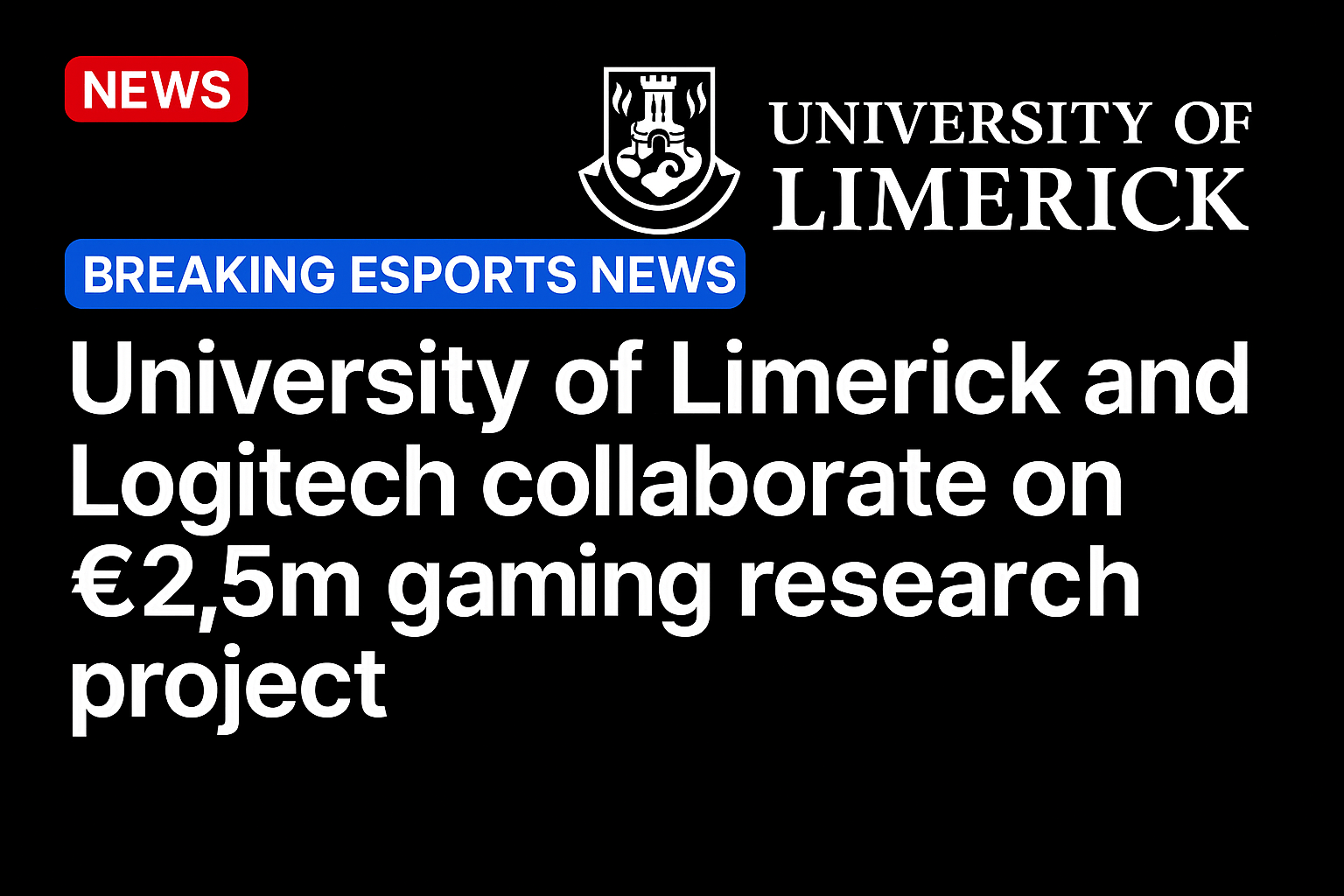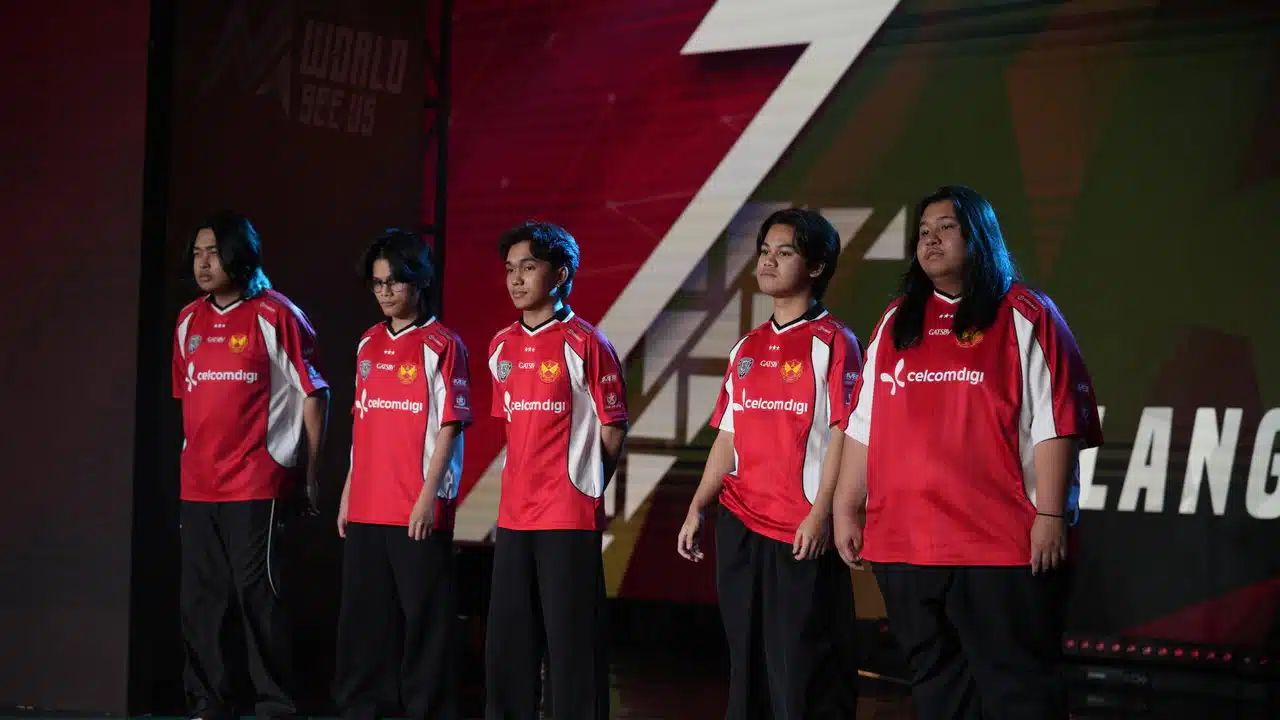
University of Limerick-based software research centre, Lero, has announced that it will collaborate with gaming peripheral giant, Logitech, on a gaming research project.
The four-year-long project will cost €2.5m (~£2.15m) and includes testing 2,000 gamers to gather information on how they play and compete across all levels, from professional to casual.
Keep Reading
- Savvy Games Group partners with King Abdulaziz University to launch esports and gaming programme
- Middle Tennessee State University launches two esports concentrations
- University of North Florida granted $3m by council for esports arena
According to Lero, the university’s research centre and Logitech have worked on a number of studies dating back to 2016, measuring the capabilities of both professional esports athletes and casual gamers to shape Logitech’s products.
The research project will begin at the Gamescom convention in Cologne, Germany, as Lero sets out to test hundreds of attendees during the five-day-long event.
In the blog post online, Niall White, Logitech’s Gaming Innovation Engineer, said: “Lero are the best in the business at this type of software research, and the outputs from this project will help us design and create new gaming products for augmenting gaming performance – mouse, headsets, keyboards and controllers, for example.”
How the Logitech x Lero Project will Collect Data
Professor Mark Campbell, Director of the Esport Science Research Lab at Lero, detailed how the project will include ‘bespoke software tests’, which will rely on brain imaging, eye tracking, and biosensors to collect data. Moreover, he went in depth in the post on how the project plans to record data.
Professor Campbell said: “The information we gather will help enable the development of AI-powered smart gaming peripherals such as mice, keyboards and headsets with biosensors for human performance monitoring in-game and other potential training tools such as bespoke software tests using AI dynamic difficulty adjustments for smarter training and competing.”
The programme is expected to benefit Ireland’s $500m (~£394m) gaming industry, employing nearly 2,000 people. This involves PhD students, research assistants and Post Docs focusing on research areas such as computer science, psychology, software engineering, and more.
Professor Campbell added: “We will leverage behavioural, physiological and performance data from both professional and amateur gamers during play and training sessions to assess player performance, identify key influencing factors and enhance the gaming experience.”
Source: https://esportsinsider.com/




